Choosing the right small dog breed for seniors is crucial for ensuring a happy and harmonious relationship between the pet and its owner. Small dogs can offer companionship, emotional support, and a source of joy for older adults. However, not all small breeds are created equal when it comes to energy levels, grooming needs, and overall suitability for seniors. This article will explore the best small dog breeds for seniors, providing detailed insights into their characteristics, care requirements, and why they make excellent companions for older adults.
What Will Be the Best Small Dog Breeds for Seniors?
Choosing the right small dog breed for seniors is essential for ensuring a perfect match in terms of companionship, care, and lifestyle compatibility. The best small dog breeds for seniors are those that offer a balance of affection, low maintenance, and manageable energy levels. Seniors should consider breeds that are known for their gentle temperaments, minimal grooming requirements, and adaptability to different living environments.
Why Small Dog Breeds are Ideal for Seniors
Small dog breeds are often ideal for seniors due to their manageable size and ease of care. These breeds typically require less exercise and are easier to groom compared to larger dogs. Additionally, their smaller size makes them more suitable for apartment living or homes with limited space. Small dogs also tend to have longer lifespans, offering years of companionship and joy to their owners.
Top Characteristics of Senior-Friendly Dog Breeds
When selecting a small dog breed for seniors, several characteristics should be taken into account:
- Temperament: Breeds with calm and affectionate personalities are ideal.
- Size: Smaller dogs are easier to handle and require less space.
- Energy Level: Low to moderate energy levels are preferable for seniors.
- Grooming Needs: Breeds with minimal grooming requirements are more manageable.
- Health: Consider breeds with fewer health issues and longer lifespans.
Best Small Dog Breeds for Seniors
Toy Poodle
Temperament: Toy Poodles are known for their intelligence, affectionate nature, and playful demeanor. They are quick learners and can be trained easily, making them great companions for seniors.
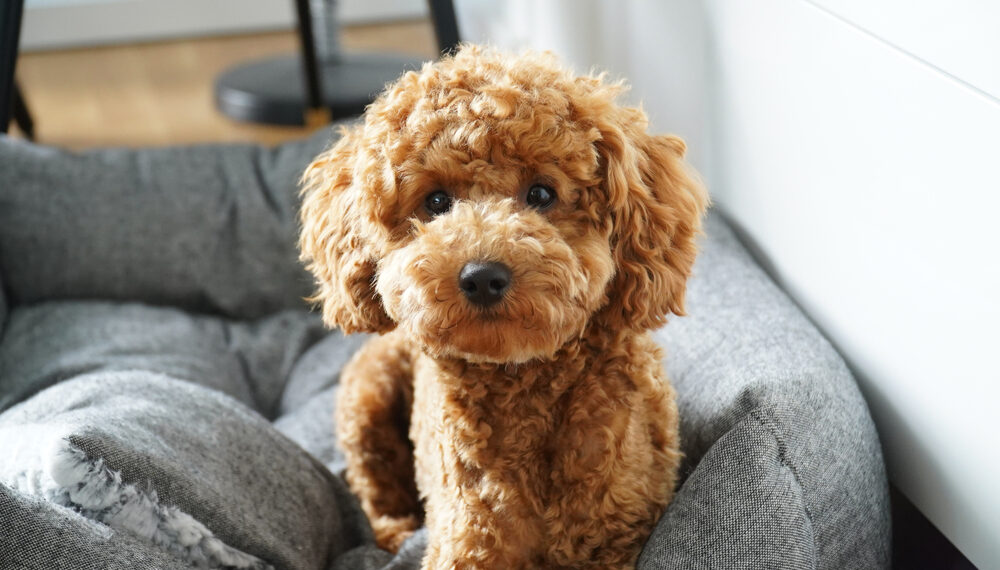
Grooming Needs: Although Toy Poodles require regular grooming to maintain their curly coats, they are hypoallergenic, which is beneficial for seniors with allergies.
Health Considerations: They are generally healthy but may be prone to dental issues and certain genetic conditions. Regular vet check-ups are essential.
Cavalier King Charles Spaniel
Temperament: Cavaliers are gentle, affectionate, and eager to please. They are known for their friendly nature and are great with people of all ages.
Grooming Needs: Their silky coats require regular brushing to prevent matting, but they are not overly demanding in terms of grooming.
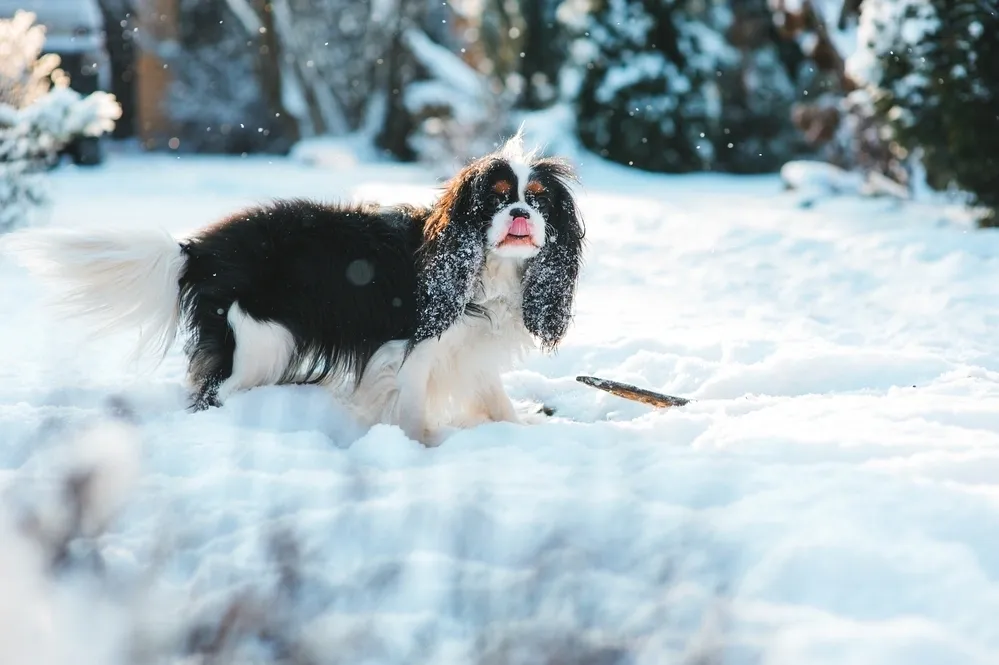
Health Considerations: Cavaliers can be prone to heart issues and ear infections, so regular veterinary care is important.
Shih Tzu
Temperament: Shih Tzus are friendly, outgoing, and good-natured. They are perfect lap dogs and enjoy spending time with their owners.
Grooming Needs: Their long, flowing coats need regular grooming, but many owners opt for a shorter “puppy cut” to make maintenance easier.
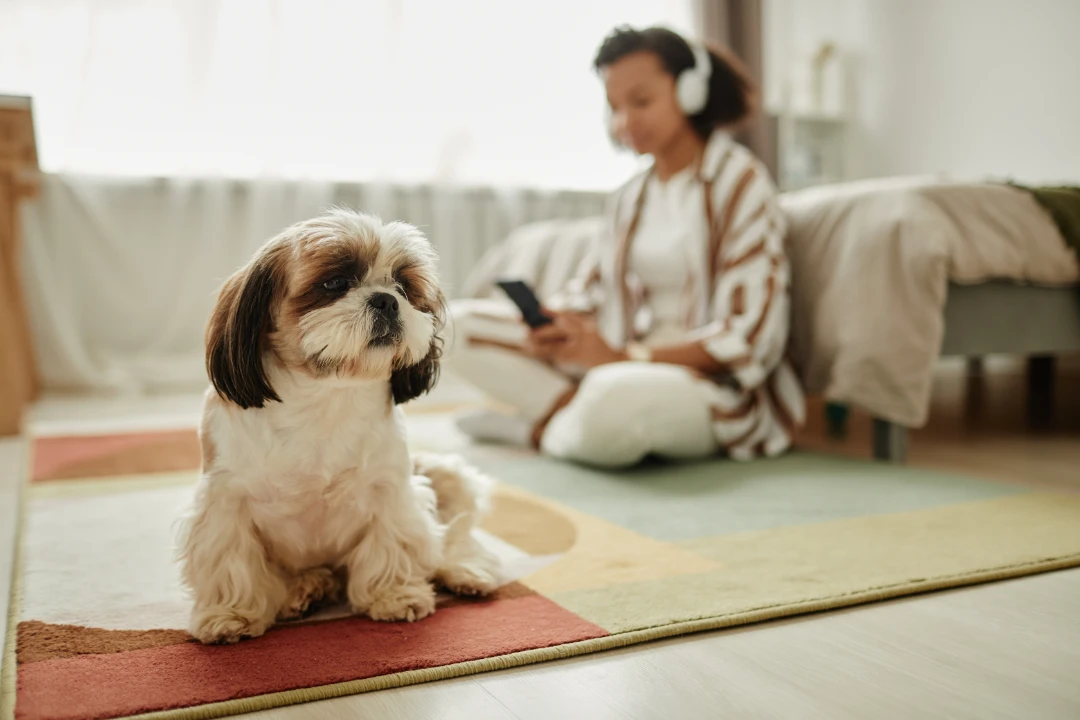
Health Considerations: They can be prone to respiratory issues due to their short noses, so monitoring their health is key.
Pomeranian
Temperament: Pomeranians are lively, curious, and affectionate. They are known for their bold personalities and loyalty to their owners.
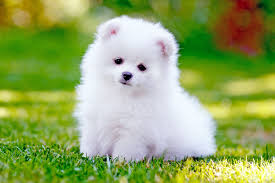
Grooming Needs: They have thick double coats that require regular brushing to prevent matting and shedding.
Health Considerations: Pomeranians can be prone to dental problems and luxating patellas, so regular vet visits are crucial.
Bichon Frise
Temperament: Bichons are cheerful, playful, and affectionate. They are known for their friendly disposition and adaptability.
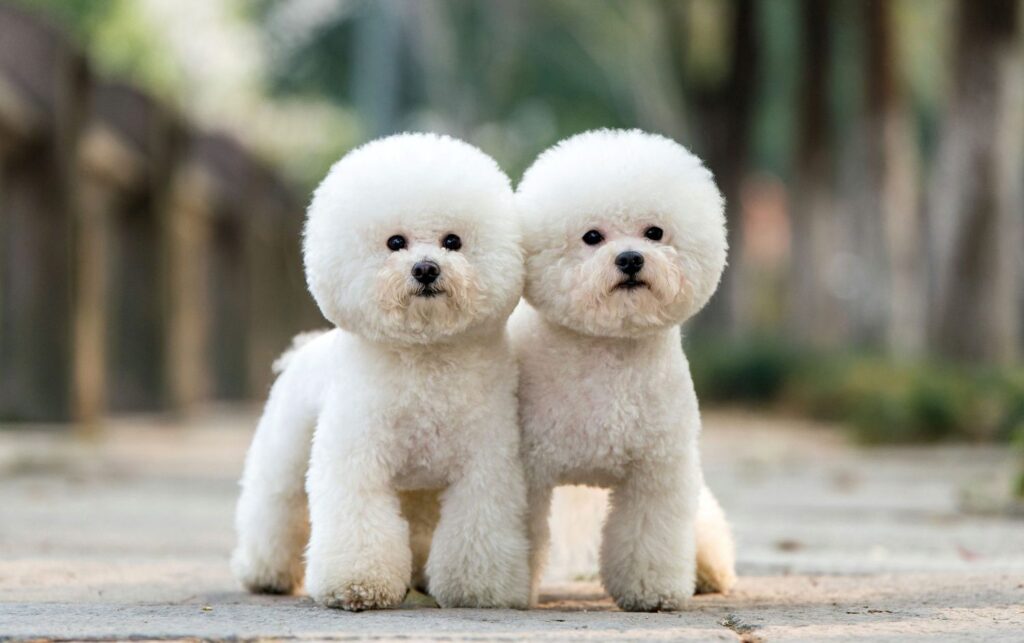
Grooming Needs: Their curly coats require regular grooming, but they are hypoallergenic, making them suitable for seniors with allergies.
Health Considerations: Bichons are generally healthy but can suffer from allergies and skin issues. Regular vet check-ups are important.
Maltese
Temperament: Maltese dogs are gentle, loving, and devoted. They are excellent lap dogs and enjoy being close to their owners.
Grooming Needs: Their long, silky coats need regular grooming, but they do not shed much, making them a good choice for seniors.
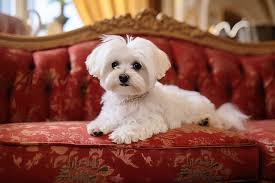
Health Considerations: Maltese dogs can be prone to dental issues and luxating patellas, so regular veterinary care is necessary.
French Bulldog
Temperament: French Bulldogs are affectionate, easygoing, and good-natured. They are known for their playful yet relaxed demeanor.
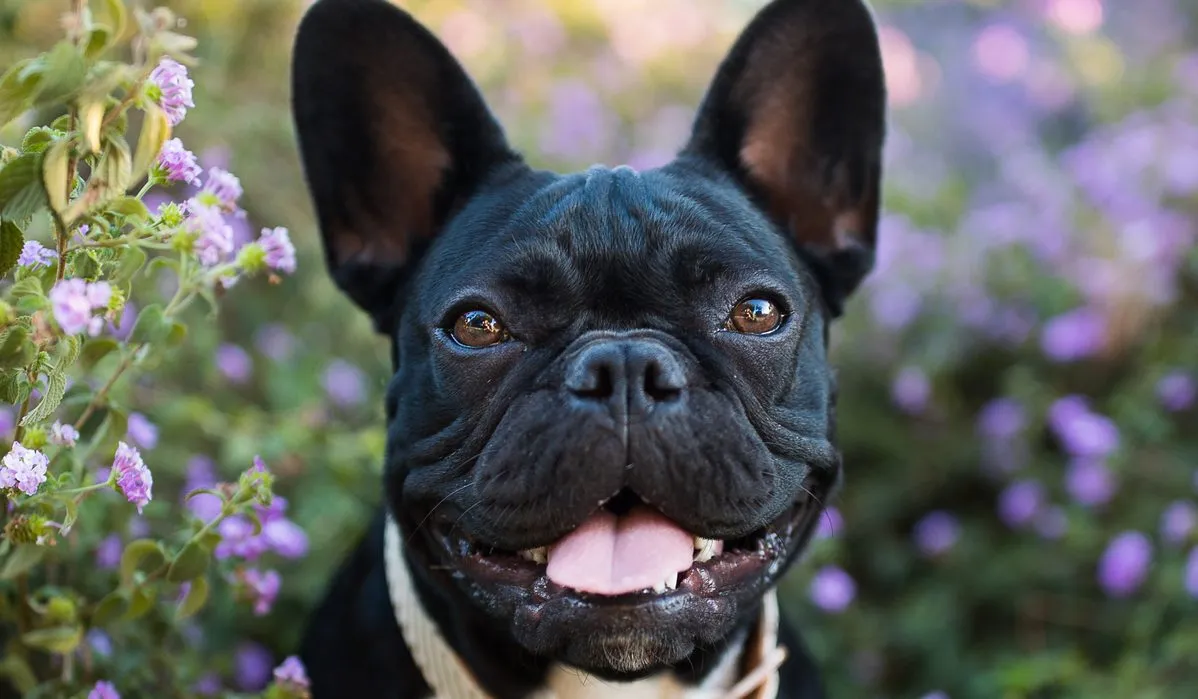
Grooming Needs: French Bulldogs have short coats that are easy to groom, requiring minimal maintenance.
Health Considerations: They can be prone to respiratory issues and overheating due to their brachycephalic nature, so care must be taken in hot weather.
Havanese
Temperament: Havanese are friendly, outgoing, and affectionate. They thrive on human companionship and are very adaptable.
Grooming Needs: Their silky coats require regular brushing, but they are generally low-shedding.
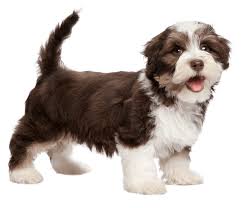
Health Considerations: Havanese are generally healthy but can be prone to eye and knee issues, so regular vet visits are essential.
Boston Terrier
Temperament: Boston Terriers are lively, intelligent, and affectionate. They are known for their friendly and sociable nature.
Grooming Needs: They have short coats that are easy to groom, requiring minimal maintenance.
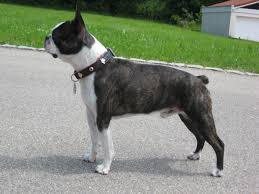
Health Considerations: Boston Terriers can be prone to respiratory issues and eye problems, so regular veterinary care is important.
Dachshund
Temperament: Dachshunds are curious, lively, and affectionate. They are known for their loyalty and make excellent companions.
Grooming Needs: Depending on their coat type (smooth, wirehaired, or longhaired), grooming needs can vary, but generally, they require moderate grooming.
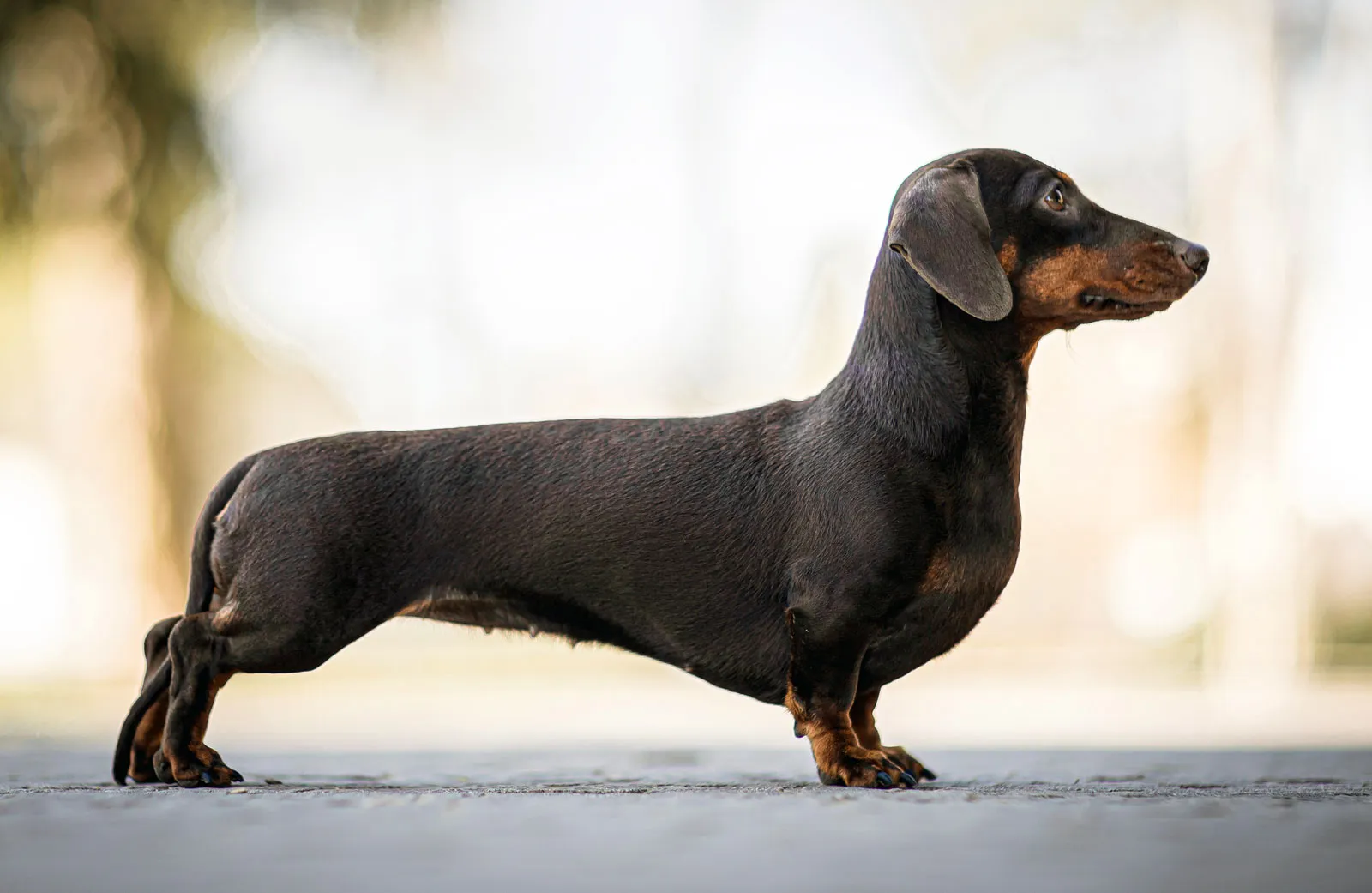
Health Considerations: Dachshunds are prone to back issues due to their long spines, so weight management and regular vet check-ups are crucial.
Factors to Consider When Choosing a Small Dog for Seniors
Activity Level: Seniors should choose a breed that matches their own activity level. Low to moderate energy dogs are typically the best fit.
Grooming Requirements: Consider how much time and effort the senior can dedicate to grooming. Breeds with low grooming needs are often more manageable.
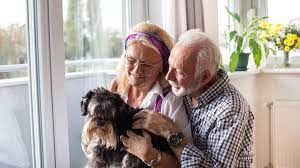
Health and Longevity: Select breeds known for their overall health and longer lifespans to ensure many years of companionship.
Temperament: Choose breeds with calm, affectionate, and adaptable temperaments that are easy to handle and enjoy spending time with their owners.
Benefits of Owning a Small Dog for Seniors
Companionship: Small dogs provide constant companionship, helping to alleviate feelings of loneliness and isolation.
Emotional Support: The presence of a pet can offer emotional support, reducing stress and anxiety.
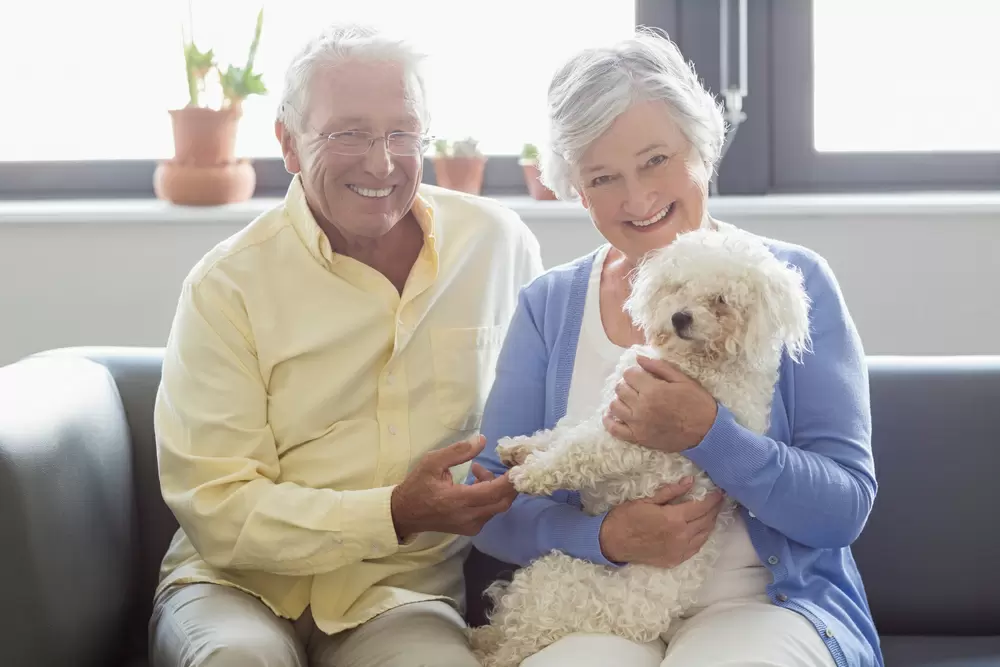
Physical Health Benefits: Walking and caring for a dog can promote physical activity, improving overall health and mobility.
Mental Stimulation: Interacting with a dog can provide mental stimulation, keeping the mind active and engaged.
How to Care for Your Small Dog
Nutrition: Provide a balanced diet tailored to the breed’s specific needs, focusing on high-quality ingredients.
Exercise: Ensure your dog gets regular exercise, suitable to their energy levels and physical capabilities.
Regular Check-ups: Schedule regular veterinary visits to monitor your dog’s health and address any issues promptly.
Grooming: Maintain a consistent grooming routine to keep your dog clean, comfortable, and healthy.
Common Health Issues in Small Dog Breeds
Dental Problems: Regular dental care is essential to prevent tooth decay and gum disease.
Respiratory Issues: Some small breeds are prone to respiratory problems due to their short noses.
Joint Problems: Monitor for signs of joint issues, such as arthritis, especially in older dogs.
Skin Conditions: Keep an eye out for skin allergies and infections, and address them promptly with veterinary care.
Training Tips for Small Dogs
Basic Commands: Start with basic commands like sit, stay, and come to establish control and communication.
House Training: Consistent and patient house training is essential for a well-behaved pet.
Socialization: Expose your dog to different people, places, and situations to build confidence and good behavior.
Consistency and Patience: Use positive reinforcement and remain consistent in your training approach.
Creating a Senior-Friendly Environment for Your Dog
Safety Considerations: Ensure your home is safe and free of hazards that could harm your dog.
Comfortable Living Space: Provide a cozy and accessible living area for your dog, with comfortable bedding.
Accessibility: Make sure your dog can easily access their food, water, and favorite resting spots.
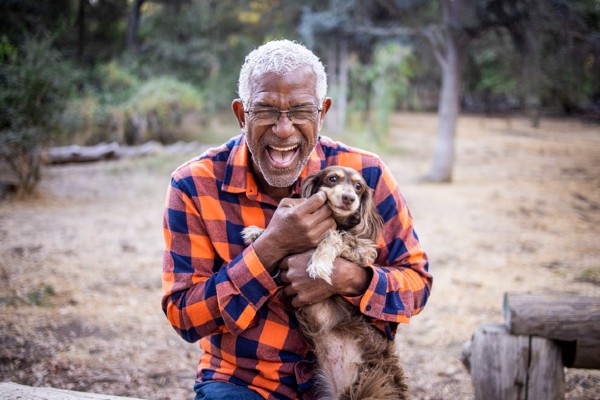
Traveling with Your Small Dog
Preparation: Plan ahead and ensure you have all the necessary supplies and documents for travel.
Safety Tips: Keep your dog safe and secure during travel, using appropriate carriers or restraints.
Choosing Pet-Friendly Destinations: Research and select destinations that are welcoming to pets and offer suitable accommodations.
Best Products for Small Dogs
Bedding: Choose comfortable and supportive bedding to keep your dog cozy and well-rested.
Toys: Provide a variety of toys to keep your dog mentally and physically stimulated.
Grooming Supplies: Invest in quality grooming tools to maintain your dog’s coat and overall hygiene.
Health Products: Ensure you have essential health products like dental care items, flea and tick preventatives, and supplements.
FAQs
What is the best small dog breed for a senior with limited mobility?
Breeds like the French Bulldog or Cavalier King Charles Spaniel are great choices for seniors with limited mobility due to their low energy levels and affectionate nature.
How much exercise do small dog breeds typically need?
Most small dog breeds require moderate exercise, such as daily walks and playtime, to keep them healthy and happy.
Are small dogs good for emotional support?
Yes, small dogs can provide excellent emotional support due to their affectionate and loyal nature, making them great companions for seniors.
What should seniors consider when adopting a small dog?
Seniors should consider the dog’s temperament, grooming needs, health, and energy levels to ensure a good match with their lifestyle.
Can small dogs live in apartments comfortably?
Many small dog breeds adapt well to apartment living as long as they get sufficient exercise and mental stimulation.
How can seniors manage the grooming needs of small dogs?
Seniors can manage grooming by choosing breeds with low-maintenance coats or seeking professional grooming services to help maintain their pet’s hygiene.
Conclusion
Selecting the best small dog breed for seniors involves considering various factors such as temperament, grooming needs, and health. Small breeds offer numerous benefits, including companionship, emotional support, and physical and mental health improvements. By choosing a breed that matches their lifestyle and abilities, seniors can enjoy the many joys and rewards of pet ownership. Regular care, proper training, and creating a senior-friendly environment will ensure a happy and healthy life for both the pet and the owner.





















